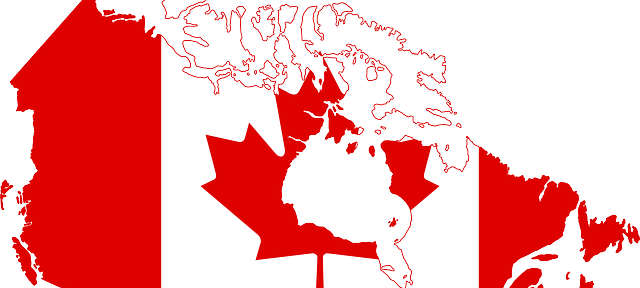
Provincial differences for Wills across Canada. How do Wills vary?
Provincial differences for Last Wills. How are Wills different in each province and territory?
So you’re curious about the differences between Wills in each province and territory in Canada? Great topic! Let’s break it down in a conversational way so it’s easier to understand.
First things first, let’s talk about what a Will is. In simple terms, a Will is a legal document that outlines your wishes regarding how you want your assets to be distributed after you pass away. It’s like a roadmap for your loved ones to follow, ensuring your hard-earned money and belongings go to the right people.
Now, you might be wondering, “Well, if it’s just a document, why would the rules be different depending on where I live in Canada?”
Ah, excellent question! Canada is a beautiful country, but it’s also huge, and each province and territory has its own set of laws and regulations. These laws can impact the way wills are prepared, interpreted, and executed.
Let’s take a quick tour across Canada to discover some key (provincial) differences:
Living Wills and Health Care Directives
Age of Majority: The age at which you’re considered an adult varies across Canada. In most provinces, it’s 18, but in British Columbia, New Brunswick, Newfoundland and Labrador, Northwest Territories, Nova Scotia, Nunavut, and Yukon, it’s 19. So, if you’re under the age of majority, you can’t create a Will.
Formal Requirements: Different provinces have specific formalities that must be followed for a will to be considered valid such as who the witnesses can be. There are different provincial requirements for your Wills across the country.
Marriage and Divorce Impact: In many provinces, getting married or divorced can impact your will. In some places, a will made before marriage may become void unless it specifically states otherwise. In contrast, in others, a divorce might revoke any gifts or appointments to your former spouse.
Common-Law Relationships: Some provinces recognize common-law relationships for the purpose of wills, while others do not. If you’re in a common-law partnership, it’s crucial to know how your province treats these relationships to avoid surprises.
Inheritance Laws: Intestate succession (when someone dies without a will) rules also differ. The distribution of assets among surviving family members can vary based on your province or territory. Some provinces may prioritize your spouse, while others may consider parents or siblings.
Estate Taxes: While Canada doesn’t have inheritance tax, certain provinces may impose estate taxes or probate fees on the assets of the deceased. These fees can differ significantly from one province to another.
Holographic Wills: Some provinces allow for handwritten wills, also known as “holographic wills,” to be valid, while others may not recognize them.
Living Wills and Health Care Directives: Provinces may have specific rules about Living Wills or health care directives, which outline your medical treatment preferences if you become incapacitated.
Phew, that’s quite a journey through the Canadian legal landscape! As you can see, the differences between Wills in each province and territory are essential to consider when creating your own. To ensure your Will is valid and accurately reflects your wishes, it’s best to consult a local lawyer who knows the laws of your specific province or territory.
Remember, a will is a powerful tool that can provide peace of mind for both you and your loved ones. So, take the time to understand the rules in your area and create a will that truly represents your wishes. .Happy planning!



